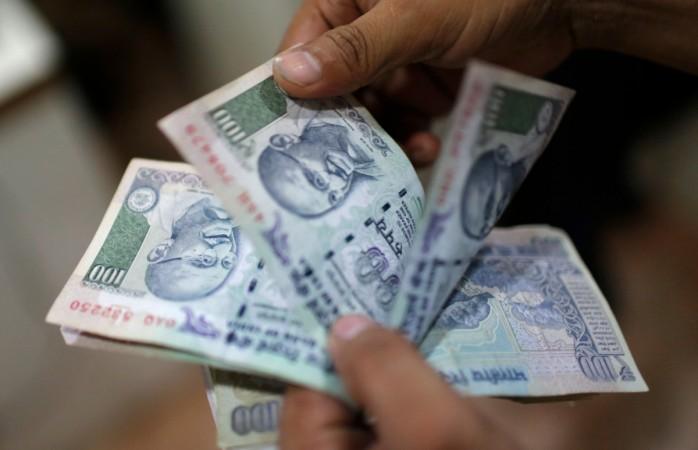
India is seeing a massive rise in the number of start-ups. As per the reports published by KPMG, India now is the market for more than 50,000 start-ups.
The rising market for start-ups in India is showing progressive figures in terms of escalating the Indian business ecosystem and attracting global investors to the Indian market. The venture Intelligence reports state that Indian start-ups have got about 44.4 percent of deals higher than Rs 18,515 crore in 2019 as compared to the statistics of 2018. India in 2019 has seen about 292 deals of investments which contribute to the excess of 44.4 percent in the current year. The Rs 1,09,708 crore investment of Walmart in Flipkart stimulated the investors by showing the potential of the Indian market globally. As per reports, global investors have invested about Rs 26,749 crore in venture capital investments in the Indian start-ups in 2019.
How much have the Indian start-ups progressed so far
Multiple reports from Mint and venture capital firms have confirmed a massive increase in capital investments in the last quarter of 2019 as compared to 2016 and 2017 together. The data reported by the organisations represent that the start-ups contributing to the micro-economy such as internet firms, business-to-business companies, software, and marketplaces get the highest attention from the investors. The start-ups are creating a free market outside the saturated market to gain the maximum profit.
Macro Industries VS Indian Start-ups

The growth and lack of competition in the free market created by the Indian start-ups have been attracting global investments showcasing structural growth, the requirement of minimum liquidity, and massive returns due to the low level of competition.
The recent statistics produced by Tracxn, a data tracker, for the year 2019 showed that 10 significant deals crossing over $100 million were successfully completed in India within the last five months.
On the contrary, the investors are moving away from bigger companies due to the saturated market and lack of service and liquidity flow in the country. The economy of India is slowing down and the macro industries are foreseeing losses due to lack of growth and funds.
The global investors are investing in the start-ups rather than the macro industries as the profit margin from a high investment is high for a micro-economy and the risk factors are relatively low. The present economic situation of the country makes it very risky for any high-level investment in the macro industries.
The funding of the investors, in turn, become the backbone of the start-up backing it up with a brand name and growth, whereas the same does not work for the macro industries. Thus grant and growth bring better valuation and more profits to the company and the investors, making the investors fund mostly in the Indian start-ups.

















